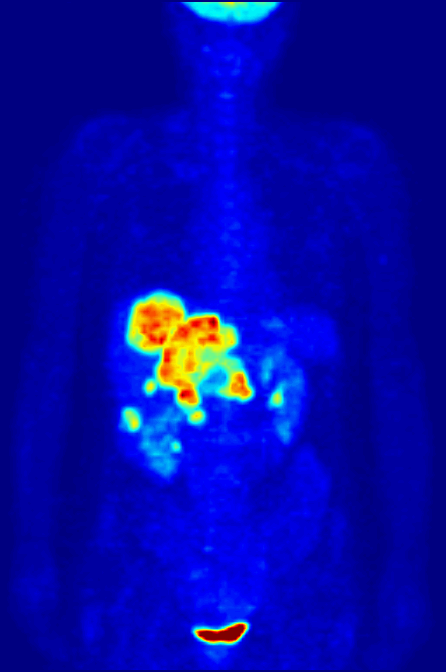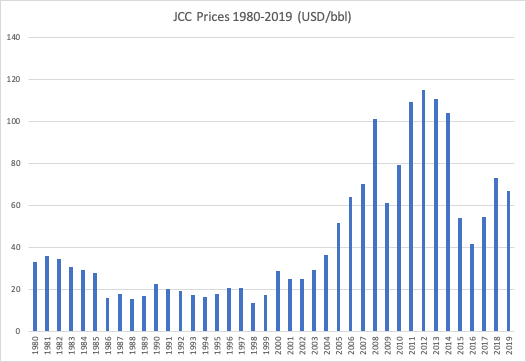New POLARGO Trial Data Highlights Pola-R-GemOx's Efficacy in R/R DLBCL

In a significant development for the treatment of relapsed or refractory diffuse large B-cell lymphoma (R/R DLBCL), a phase 3 clinical trial known as POLARGO has revealed that the combination therapy of polatuzumab vedotin (Pola) with rituximab, gemcitabine, and oxaliplatin (Pola-R-GemOx) markedly improves patient survival outcomes. The findings were presented at the European Hematology Association (EHA) 2025 Annual Meeting in Milan by Dr. Matthew Matasar, Chief of the Division of Blood Disorders at the Rutgers Cancer Institute in New Brunswick, New Jersey.
The POLARGO trial enrolled 270 patients who were ineligible for autologous stem cell transplant and had received at least one prior line of therapy. The results showed a 40% reduction in the relative risk of death for patients receiving Pola-R-GemOx compared to those receiving R-GemOx alone. Specifically, the median overall survival (OS) for patients treated with Pola-R-GemOx was 19.5 months, compared to 12.5 months for the standard treatment group. The two-year OS rates were 44.0% and 33.2%, respectively, highlighting a substantial improvement in survival rates.
The study's primary endpoint was met with a median follow-up of 24.6 months, and the progression-free survival (PFS) also displayed significant improvements, increasing from 2.7 months with R-GemOx to 7.4 months with Pola-R-GemOx. The overall response rate (ORR) was 52.7% in the Pola-R-GemOx group compared to 24.6% in the R-GemOx group, with a complete response rate of 40.3% versus 19.0%, respectively.
Dr. Matasar emphasized the robustness of these results, noting that the survival benefit was consistent across various patient subgroups, including those with different DLBCL subtypes. This is particularly notable given previous findings from the POLARIX trial, which suggested preferential benefits for specific subtypes. The POLARGO trial's findings, therefore, suggest that Pola-R-GemOx could represent a more universally effective treatment option.
However, the enhanced efficacy of Pola-R-GemOx comes with increased risks of toxicity. The trial reported higher rates of treatment discontinuation due to adverse events (AEs) in the Pola-R-GemOx group (23.4%) compared to the R-GemOx group (8.0%). Grade 3-4 AEs were similarly reported in both groups, but specific issues such as thrombocytopenia and infections were more frequent among those receiving Pola-R-GemOx. Notably, the study was conducted during the COVID-19 pandemic, which influenced both treatment responses and the reporting of adverse events.
Dr. Frank Leebeek, Chair of Hematology at Erasmus University in Rotterdam, Netherlands, commented on the importance of this study, stating that it provides a vital new option for patients who cannot receive transplants, which often leaves them with poor prognoses. Leebeek pointed out that Pola-R-GemOx may serve as a bridging therapy to CAR-T cell therapy, as it does not deplete the T-cell population, thus preserving crucial immune functions.
As the EHA 2025 Annual Meeting concluded, the implications of the POLARGO trial findings are profound, suggesting that Pola-R-GemOx may set a new standard of care for patients with R/R DLBCL who are ineligible for transplant. The potential for broader applications of this therapy, especially in bridging gaps to other advanced treatment options, such as CAR-T therapies, underscores its significance in the evolving landscape of lymphoma treatment. Further studies will be necessary to fully understand the long-term impacts of this treatment combination and to clarify the optimal patient populations who would benefit most from this innovative approach.
The trial was funded by F. Hoffmann-La Roche, and Dr. Matasar has disclosed multiple financial relationships with various pharmaceutical companies, indicating a need for transparency in interpretations of the results. As with all clinical findings, the ongoing evaluation of treatment efficacy and safety will be essential as this therapy moves closer to widespread clinical adoption.
Advertisement
Tags
Advertisement





